Author Archive
Helen DeWitt’s Lightning Rods and the Supremacy of Capitalist Masculinity
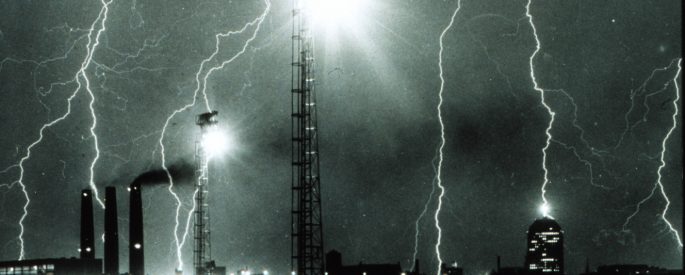
Lightning Rods, Helen DeWitt’s 2011 follow up to her critically acclaimed novel The Last Samurai, satirizes not just the “sexual harassment problem” in white collar offices, but a business culture that puts a premium on cutthroat masculinity.
Grapes and Crowbars: Undocumented Labor in Helena Maria Viramontes’s Under the Feet of Jesus
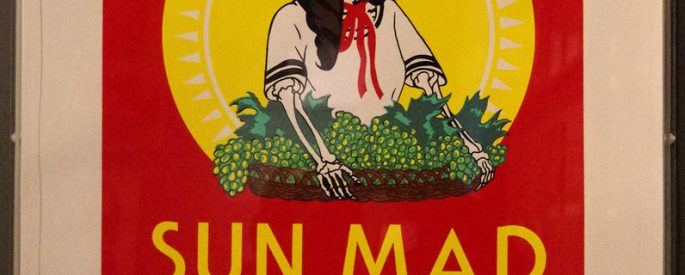
The plot of Under the Feet of Jesus examines the oppression that a family of mixed status face working in an industry that at once depends on their labor and treats individual laborers as expendable.
The Labor Movement and Maureen Brady’s Folly
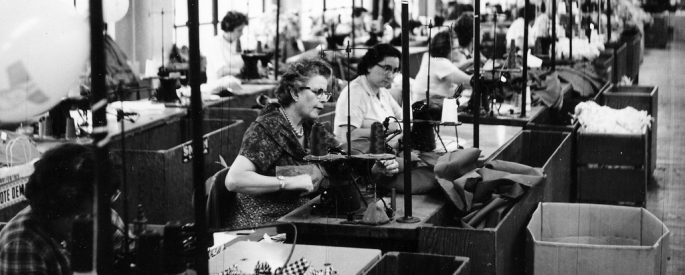
Set in the fictional, working-class town of Victory, North Carolina in the armpit of the 1970s, Maureen Brady’s 1982 novel, Folly, is an expansive love story that begins when a diverse group of women decide to walk off their garment factory jobs.
Not Like One of the Family: Novels of Dignity and Domestic Labor
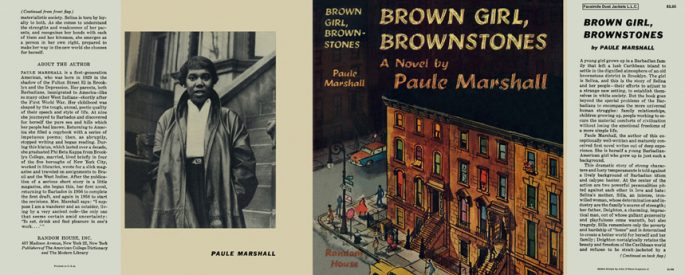
The myth of Rosie the Riveter is as well-known as her bandana-clad hair and stoic flexing. As a way to supplement male industrial labor resources depleted by World War II, Rosie represented the potential for women economically left behind since the Great Depression to gain financial power over their
Meridel LeSueur and the Golden Age of Proletarian Writers
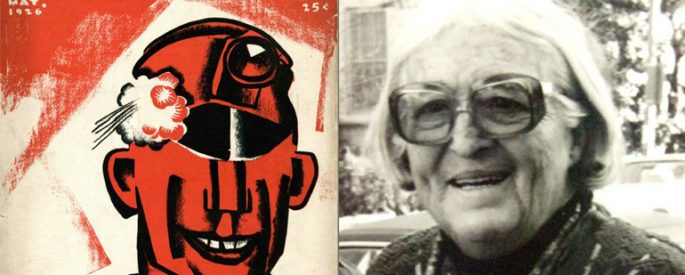
Meridel LeSueur had a radical pedigree, living in an anarchist commune and writing about causes like migrant workers’ rights and Native American autonomy. Blacklisted during the McCarthy era, her novel The Girl became a seminal text for second-wave feminists. But why do few people read her today?
Virtue and Liberation: The Literary Battle for the Mind of the American Mill Girl
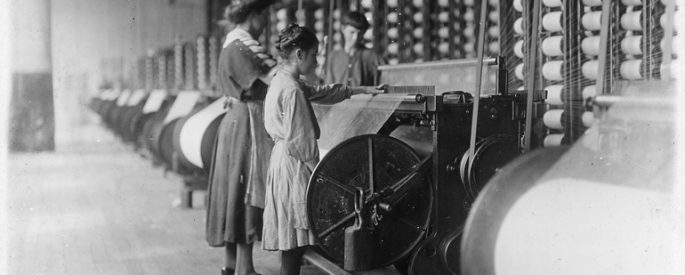
Work, and the psychological impacts of work, are rarely represented in fiction, even though America has a rich literary history of labor narratives, particularly in the case of female writers, dating as far back as the mid-nineteenth century.